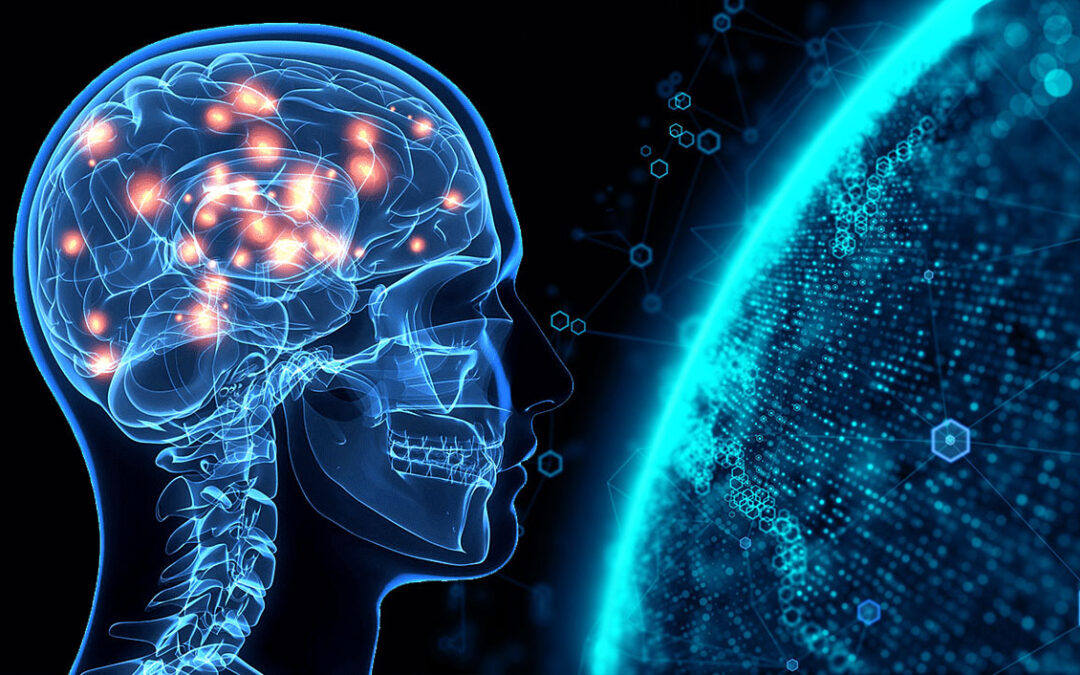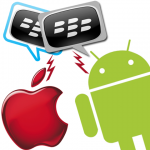In recent years, there has been an explosion of interest in two revolutionary technologies: artificial intelligence (AI) and blockchain. AI, with its ability to learn from data and make predictions or decisions, is transforming industries from healthcare to finance. Meanwhile, blockchain, with its decentralized, secure and transparent ledger, is revolutionizing industries from banking to logistics. But what happens when these two technologies are combined? In this blog post, we’ll explore the intersection of AI and blockchain, specifically decentralized AI and its potential impact on the future of technology.
What is Decentralized AI?
Decentralized AI refers to the integration of AI with blockchain technology, creating a decentralized network of autonomous agents that can learn from data and interact with each other to make decisions. Unlike traditional centralized AI, which relies on a central authority to manage the data and algorithms, decentralized AI distributes the data and algorithms across a network of nodes, with each node contributing to the learning process.
In a decentralized AI system, each node contributes to the learning process by analyzing data and making predictions or decisions based on that data. The predictions or decisions are then shared across the network, allowing other nodes to learn from them and improve their own models. This iterative process of learning and improvement continues until the network reaches a consensus on the best model or decision.
The Interaction between AI and Blockchain
The interaction between AI and blockchain has the potential to revolutionize a number of industries. Here are a few examples:
Healthcare: Decentralized AI can help improve the accuracy of medical diagnoses by analyzing patient data from multiple sources and providing recommendations for treatment.
Finance: Decentralized AI can help detect fraud and money laundering by analyzing financial transactions in real-time and identifying suspicious activity.
Supply Chain: Decentralized AI can help improve the efficiency and transparency of supply chains by tracking products from the point of origin to the point of consumption.
However, there are also some challenges to integrating AI and blockchain. One challenge is the need for large amounts of data to train AI models. While blockchain can provide a secure and transparent way to store and share data, it can also be difficult to access and use the data for training purposes.
Another challenge is the need for consensus among the nodes in the network. In a decentralized AI system, the nodes must agree on the best model or decision, which can be difficult to achieve if there are conflicting opinions or data sources.
Conclusion
Decentralized AI has the potential to transform industries by creating a decentralized network of autonomous agents that can learn from data and interact with each other to make decisions. The integration of AI and blockchain can improve the accuracy of medical diagnoses, detect fraud and money laundering, and improve the efficiency and transparency of supply chains.
However, there are also challenges to integrating AI and blockchain, including the need for large amounts of data and the need for consensus among the nodes in the network. As these challenges are overcome, the potential for decentralized AI to revolutionize industries will only continue to grow.










